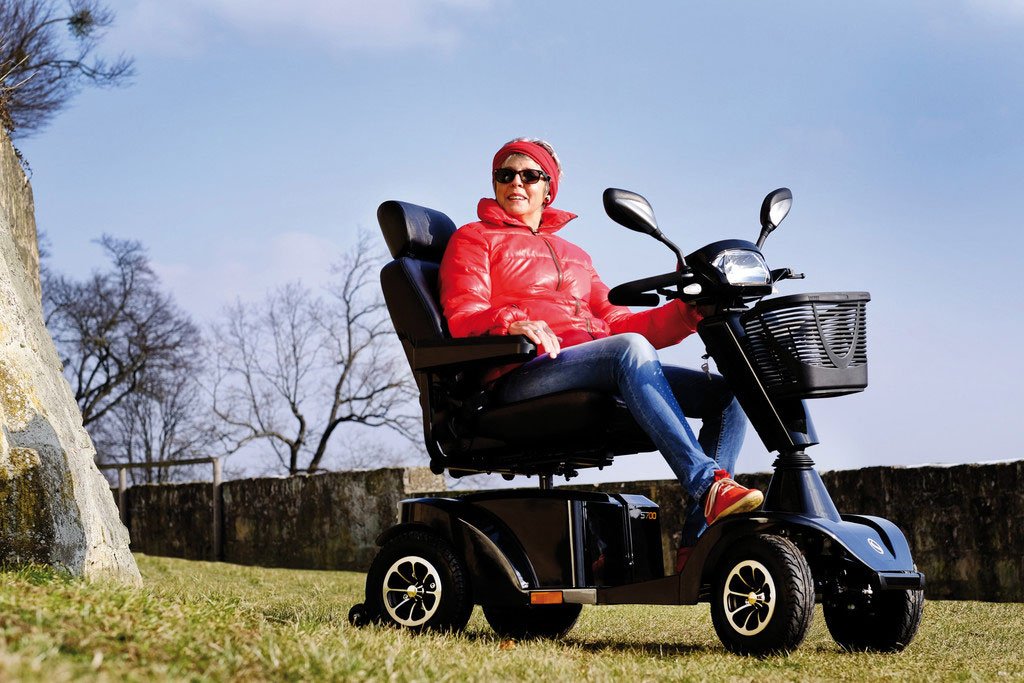When understanding how is dementia diagnosed in the elderly, its crucial to grasp the significance of early detection. Recognizing symptoms early can profoundly affect the management and progression of this challenging condition, ensuring that the elderly receive the best possible care.

Introduction to Dementia in Seniors
The onset of dementia is becoming increasingly common among the elderly. Its impact on memory, thinking, and social abilities is profound, disrupting daily life. Knowing how is dementia diagnosed in the elderly can be the key to unlocking resources and securing the necessary medical attention.
Understanding the Importance of Early Diagnosis
Identifying dementia symptoms early helps not only in planning care but also in implementing strategies that may slow its progression. The role of family members and caregivers is pivotal in this process, especially given the complexity of dementia symptoms.
Common Symptoms of Dementia
Symptoms of dementia often mimic other conditions, which is why a thorough understanding of its indicators is essential. Common symptoms include memory loss, difficulty with problem-solving, confusion, and changes in mood. Families should remain vigilant for these signs to ensure timely assessment.
Medical Assessment Process
The process of diagnosing dementia is comprehensive, involving several stages and medical expertise. Initial assessments typically begin with a primary care physician, who may conduct a preliminary evaluation before referring the patient to a specialist.
Role of General Practitioners
General practitioners play a critical role as the first point of contact. They conduct preliminary tests, review medical history, and seek family insights to understand the full scope of the seniors health.
Specialist Evaluations
Following the initial assessment, specialists such as neurologists and geriatricians may become involved. They offer a more focused examination using advanced testing methods to assess cognitive functions more deeply and provide insights into the type and stage of dementia.
Diagnostic Tools and Tests
Multiple tests and tools are employed to determine the presence of dementia. These can range from cognitive tests to brain imaging and laboratory testing, offering a comprehensive picture of brain health.
Cognitive Testing
Cognitive tests assess memory, reasoning, language, and attention. These tests are designed to evaluate the mental functions most commonly affected by dementia, providing a baseline for diagnosis.
Brain Imaging Techniques
Imaging techniques such as CT scans, MRIs, and PET scans are invaluable in providing a visual assessment of the brains structure and function, highlighting any abnormalities that may be contributing to cognitive decline.
Blood Tests and Genetic Testing
Laboratory tests, including blood and genetic testing, help rule out other possible conditions that could mimic dementia symptoms, such as vitamin deficiencies or hormonal imbalances. They may also reveal genetic markers linked to dementia.
The Role of Family and Caregivers
Family members often provide initial observations and ongoing support. Their insights are crucial during the diagnostic process and in arranging subsequent care, whether it involves medical treatment or lifestyle changes.
Providing Detailed Observations
Families must offer detailed observations on behavior changes and daily challenges. These insights help healthcare professionals make accurate diagnoses and craft detailed care plans for their loved one’s needs.
Accessing Dementia Resources
Upon diagnosis, families should pursue resources for care and support. Numerous organizations offer services, from therapy options to caregiver support networks, ensuring comprehensive assistance for all involved.
Utilizing Community and Online Resources
Community resources and online platforms can provide support that extends beyond immediate family involvement. Additionally, actionable advice can be found in resources like this caring for elderly guide.
Linking to Senior Care Devices and Tools
Ensuring safety and care with the right tools is critical. For example, products like a hand massager can equip caregivers and provide relief, contributing positively to daily life.
In Conclusion
The journey to understanding how is dementia diagnosed in the elderly is multifaceted, involving collaboration between medical professionals and families. Through early detection, comprehensive diagnosis, and resource access, those affected can enjoy enhanced quality of life. For further information on elderly care, consider grabber tools or similar aids to support loved ones in their daily activities.

FAQs
What are the initial steps in diagnosing dementia?
Initial steps include a visit to a general practitioner for a basic health assessment, followed by cognitive tests and, if necessary, referrals to neurologists or other specialists for further evaluation.
How can family members assist in the diagnosis process?
Family members can provide crucial observations regarding changes in behavior, memory, and daily functioning, which are invaluable during the diagnostic process.
Are there tools that can support seniors with early dementia?
Yes, numerous tools such as personal alert systems and lift chairs can enhance safety and comfort, supporting independence while managing symptoms.
This article contains affiliate links. We may earn a commission at no extra cost to you.

